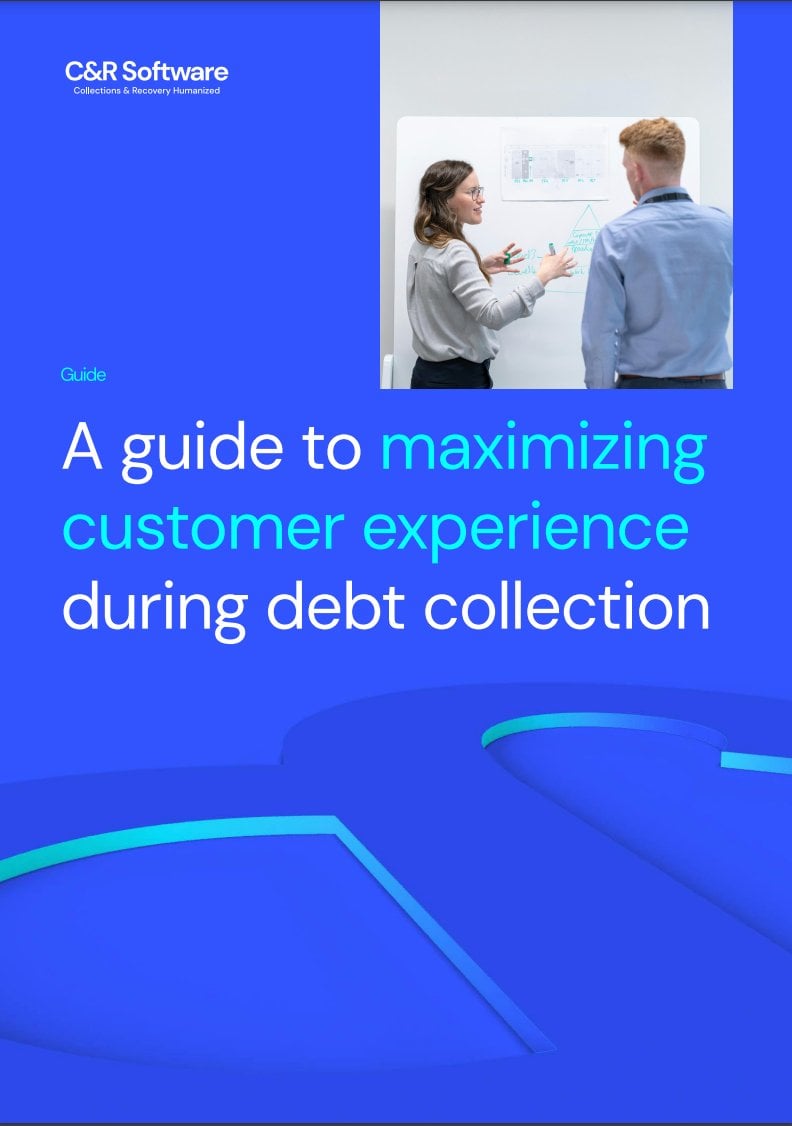It’s no secret that in the past, the debt collection industry had a bad reputation when it came to communication with customers. Due to fewer controls over how they were contacted, it was common for the relationship between collector and customer to be adversarial. Now though, consumers have much more freedom to decide what channel of communication they’re contacted through.
The Fair Debt Collection Practices Act (FDCPA) and Regulation F have provided consumers with new protections, and this has led to customers choosing their communication preferences becoming the norm. But what exactly are the facts around consumer preferences, and how have they impacted collection effectiveness?
What is consumer preference in debt collection?
The communication between customers and debt collectors is the foundation of debt collection. In order for collectors to perform their job effectively, there needs to be a channel of communication with customers that’s both reliable and effective. In the past, some debt collectors would partake in behavior that jeopardized this relationship; According To The Federal Trade Commission (FTC), “some collectors [would] harass and threaten consumers.”
The FTC enforces the FDCPA: a federal law that seeks to protect consumers from unfair debt collection practices and encourage a cooperative and reliable relationship between collectors and consumers. Sparked by the FDCPA and subsequent modifications, a new culture has emerged in the debt collection industry. It’s one that seeks to prioritize positive relationships between collectors and customers and hand more power to the customer. Consumers must now be given the ability to opt out of certain channels of communication, and to state their preferred channels and contact times, providing the power of preference.
How does consumer preference affect collection effectiveness?
Collectors are now dealing with more communication restrictions than ever before, especially when it comes to phone contact. Businesses are now prohibited from calling consumers more than seven times within seven days, as well as at work or unusual hours. These new restrictions may appear as an obstacle to strong collection performance. However, the reality is that a greater focus on the preferences of individual customers has forced collectors to put greater emphasis on omnichannel communication which has only improved success rates.
Omnichannel communication
Businesses that support email, text messaging and other forms of communication allow consumers to choose the channel of communication they prefer. Communications with consumers that are through their preferred channel increase reliability and encourage a cooperative relationship. For example, consumers were twice as likely to prefer an email or letter in the mail over a call in a recent study. This proves accommodating consumer preference through omnichannel support has a positive effect on collection effectiveness.
Positive customer relationship
Giving consumers as much flexibility as possible when it comes to communication with collectors is proven to build the best relationships. Regulation F has given consumers the opportunity to opt out of channels, which puts greater emphasis on businesses providing a positive service that’s free from harassment. This gives consumers more control over their debt situation, and effectively improves collection performance.
Accommodating consumer preference with C&R Software
In order to maintain and improve collection effectiveness, it’s clear you need to accommodate consumer preferences as much as possible into your processes. At C&R Software, we put the relationship and communication between consumers and collectors at the forefront of our ideals.
Our market leading Debt Manager solution is consumer friendly, giving people in financial hardship the ability to communicate via our own AI-powered Cara chatbot to manage their debt at a time and place to suit themselves, without the pressure of speaking with a live agent. Debt Manager offers great flexibility and seamless integration with existing channels.
Are you concerned that a lack of flexibility in customer communication is hindering your collection performance? Contact us today to learn how we can help you build a more tailored experience to improve your customers’ individual needs while improving your collection performance.






